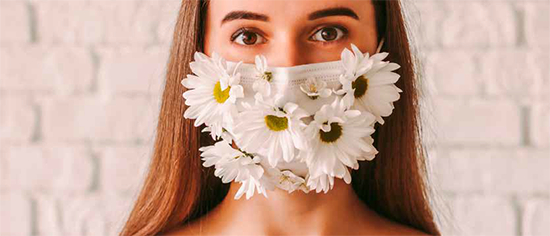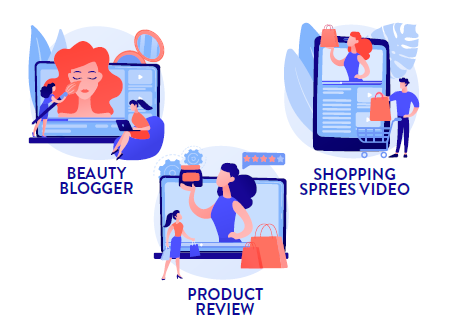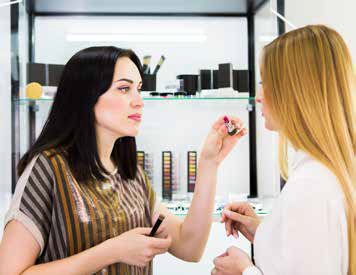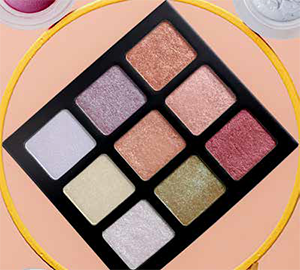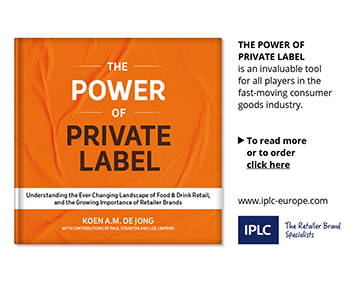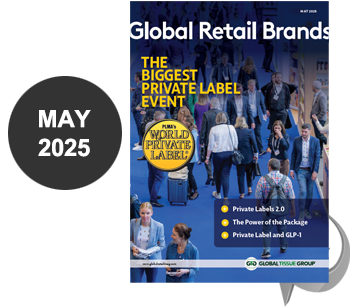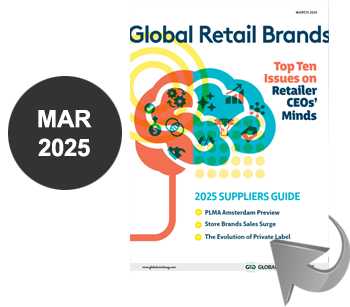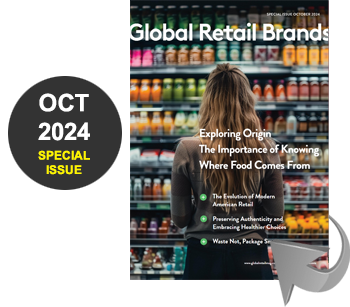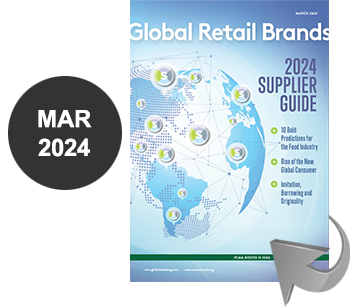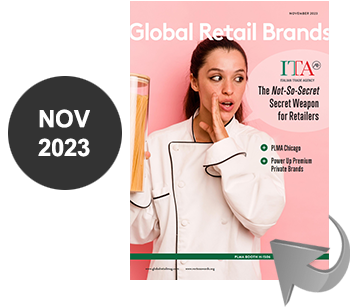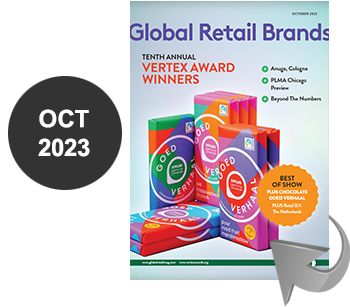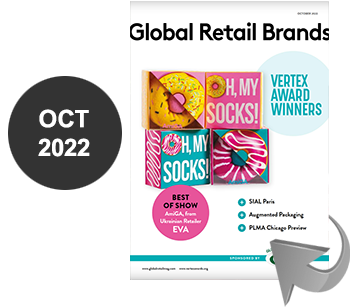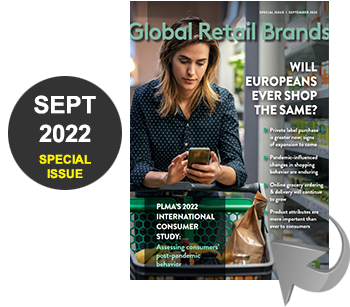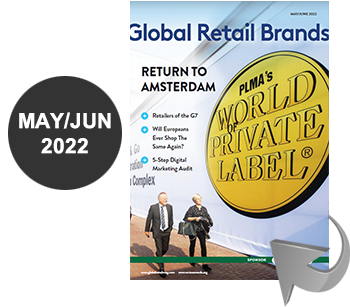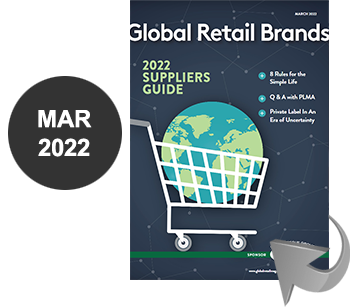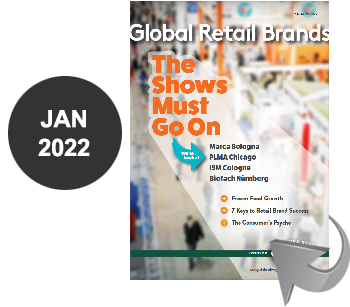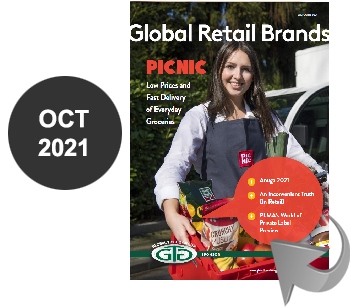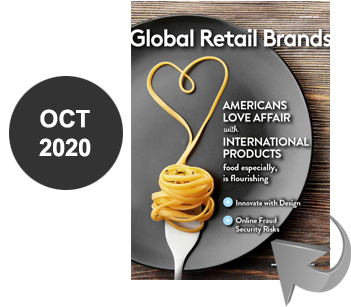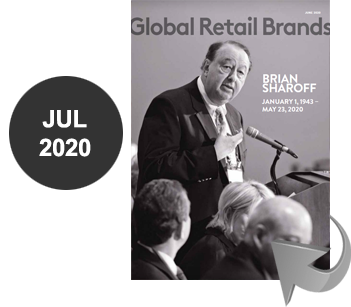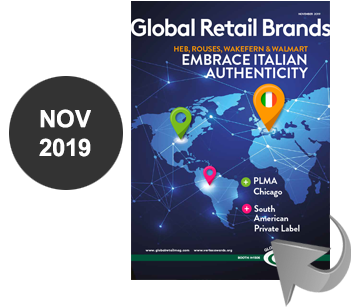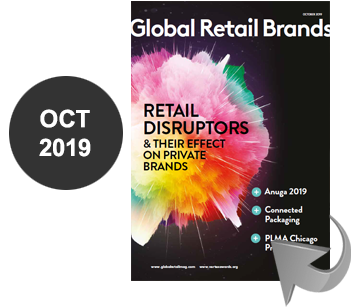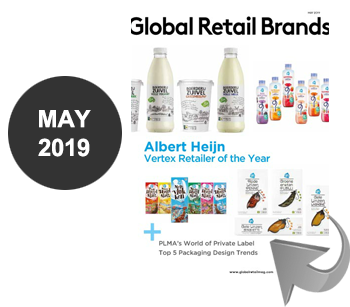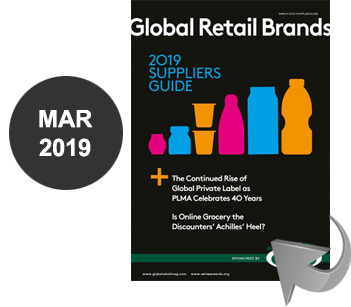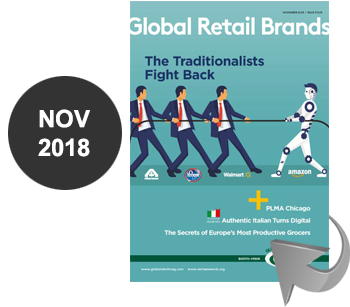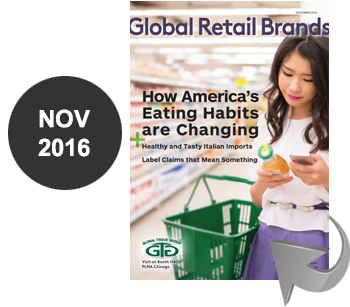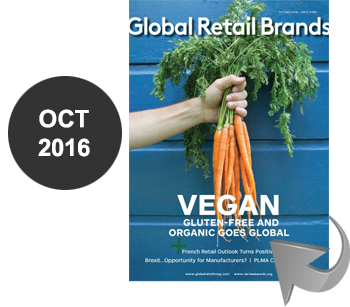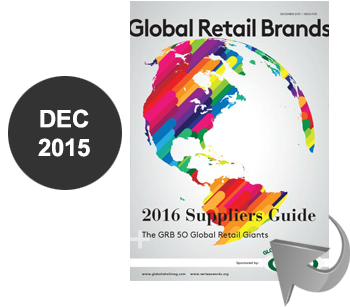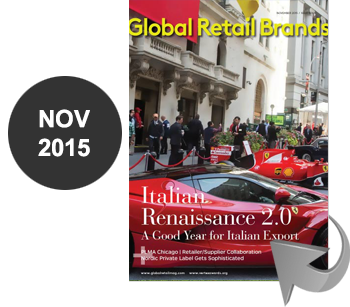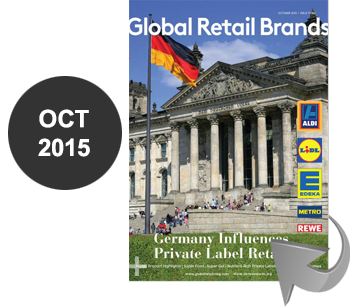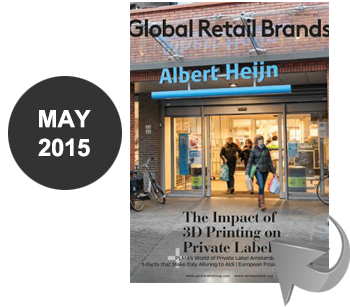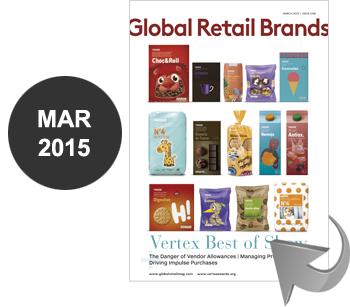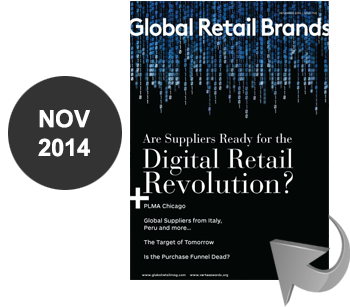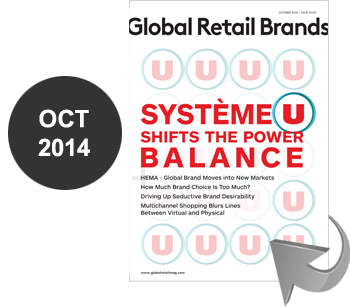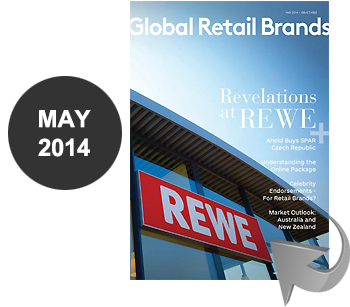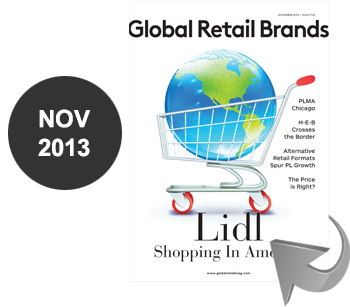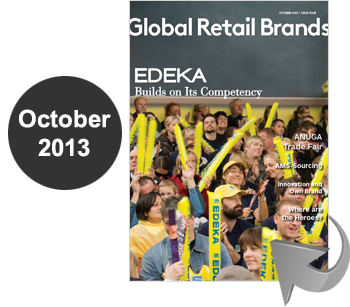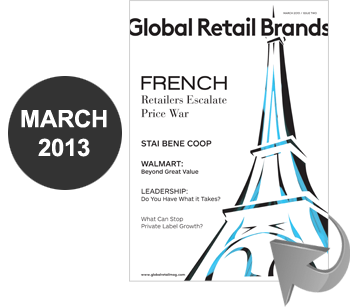By Elena Sullivan
In 2020, when the pandemic hit, we had to quickly adapt to a lot, including our beauty care regimens. While on one hand, dressing up and putting on make-up seemed trivial in the early days of quarantine, beauty care that encompasses selfcare routines became even more important. The beauty care market trends illustrate the shift in consumer preferences and spending over the past several months particular to a change in lifestyle due to the pandemic.
The beauty care industry as a whole generates globally about $500 billion in sales yearly and while the pandemic has pushed sales down in some segments, there are opportunities to grow as retailers change their approach to fit consumers’ needs. The major shifts we are seeing are what products consumers are purchasing and the way people are shopping.
The Shopping Experience:
The beauty care space is always evolving, especially with the growth of online shopping and social media providing consumers a wealth of information about products and limitless product choices. Beauty care shopping has also always been a sensory experience and when consumers were encouraged to stay home and not visit stores, retailers had to reimagine how to enable consumers to, for example, try on make-up, test a scent, or feel a lotion.
The pandemic only accelerated the shift from in-person shopping to virtual shopping. There are so many brands and purchasing platforms; therefore, retailers have to put a lot of effort into making their products unique. Many shoppers want to have a sensory experience with beauty care when choosing products. During the past year, the ability to offer a sensory experience became a major obstacle due to extra safe measures including social distancing, masks and hand sanitizers. Some retailers are now offering individualized testing kits, such as beauty retailer, Sephora, which allows consumers to test products via augmented reality mirrors. This strategy helps shoppers try on products without having to actually physically touch the products. In order to make in-store experiences more personal, some retailers such as drug chain retailer, CVS, offer in-store beauty consultants to give expert advice to shoppers.
This year, many retailers had to improve their online presence, as much shopping was solely accessible online for a period of time due to Covid restrictions. In addition, fewer people wanted to venture to brick and mortar stores, preferring the safety and comfort of shopping from their homes. Retailers are introducing or improving their websites and apps to provide consumers virtual product sampling. Retailers are also innovating to increase their direct-to-consumer sales by offering easy returns, free trials and subscriptions.
Another trend that is on the rise is the introduction of shops within shops, as well as smaller outposts of bigger retailers at airports to tap into the travel retail space. For example, in the US, Ulta has partnered with Target to set up small shops in about 100 locations and Sephora has made an agreement with Kohls to implement pop up shops in about 200 locations. Both beauty retailers will also have presence in their respective department store partnerships’ online platforms.
As consumers lean away from in-store shopping, beauty retailers have to continue to innovate to reach shoppers. Some retailers are looking to enter the travel retail space. As soon as travel levels begin to increase again, the travel retail market offers beauty retailers a presence to reach a wide variety of shoppers all over the world. By setting up shops in airports, retailers can tailor their products to the specific demographic of travelers and residents who may be frequenting a certain location.
Products, Changing with the Times:
Beauty care product trends faced abrupt changes earlier in the year. As people began spending more time at home, or wearing masks when they did leave their homes, the need for certain products such as cosmetics or fragrances diminished. However, one make-up trend that did pick up was a focus on eye makeup. While beauty care products such as makeup and fragrances saw a dip in popularity, shoppers turned to other products such as self-care bath and body products, DIY products such as nail treatments and hair care products including at-home coloring kits.
Another trend that remains strong is a focus on natural and organic beauty care products. Generation Z and Millennials continue to be drivers of this trend, with a desire to use products they deem healthy for themselves and the environment. Similar to the food industry, consumers have come to expect transparency from their products. Consumers want to use products that are organic or natural and have ingredients they can pronounce. Additionally, shoppers want to go further with sustainability by purchasing products that are environmentally friendly and ethically sourced ingredients with fair labor conditions.
The Future:
What does the future hold for beauty care and private label beauty care specifically? The pandemic changed how many people are spending money. According to Mintel’s Covid-19 Tracker and consumer tracking trends taken from 16 of the world’s largest markets, up to one third of consumers in China, the UK and Italy said they would be spending less on beauty care products. However, even before the pandemic, beauty care was moving towards the concept of self-care and holistic well-being. If retailers cater to this trend, there is space to innovate and grow. Private label beauty care products offer consumers budget-friendly, quality options. In recent years, many retailers have been growing their store brand beauty care products lines alongside exclusive partnerships to strengthen consumer loyalty.
The diversity of retailers jumping into the ring has also increased in recent years. We have seen clothing retailers entering the category to offer beauty care lines to cater towards younger shoppers such as Gen Z. For instance, retailers such as Zara, H&M, Asos, Topshop all offer private label beauty care products alongside their clothing and footwear offerings. Furthermore, the range of retailers now offering private label beauty care worldwide such as online giant Amazon, and grocery retailers such as Aldi and Monoprix has enabled consumers to have many options of PL products wherever they may shop. While many things these days may seem uncertain, it is certain that consumers can still practice self-care with beauty care and have a multitude of choices across shopping platforms.

